The Multi - Sensory Language of Life
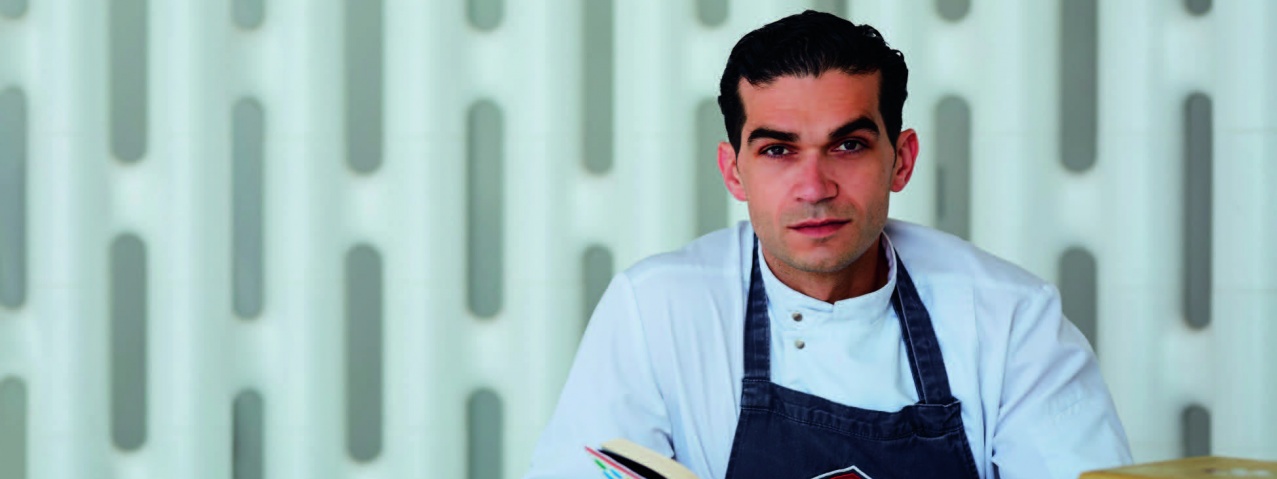
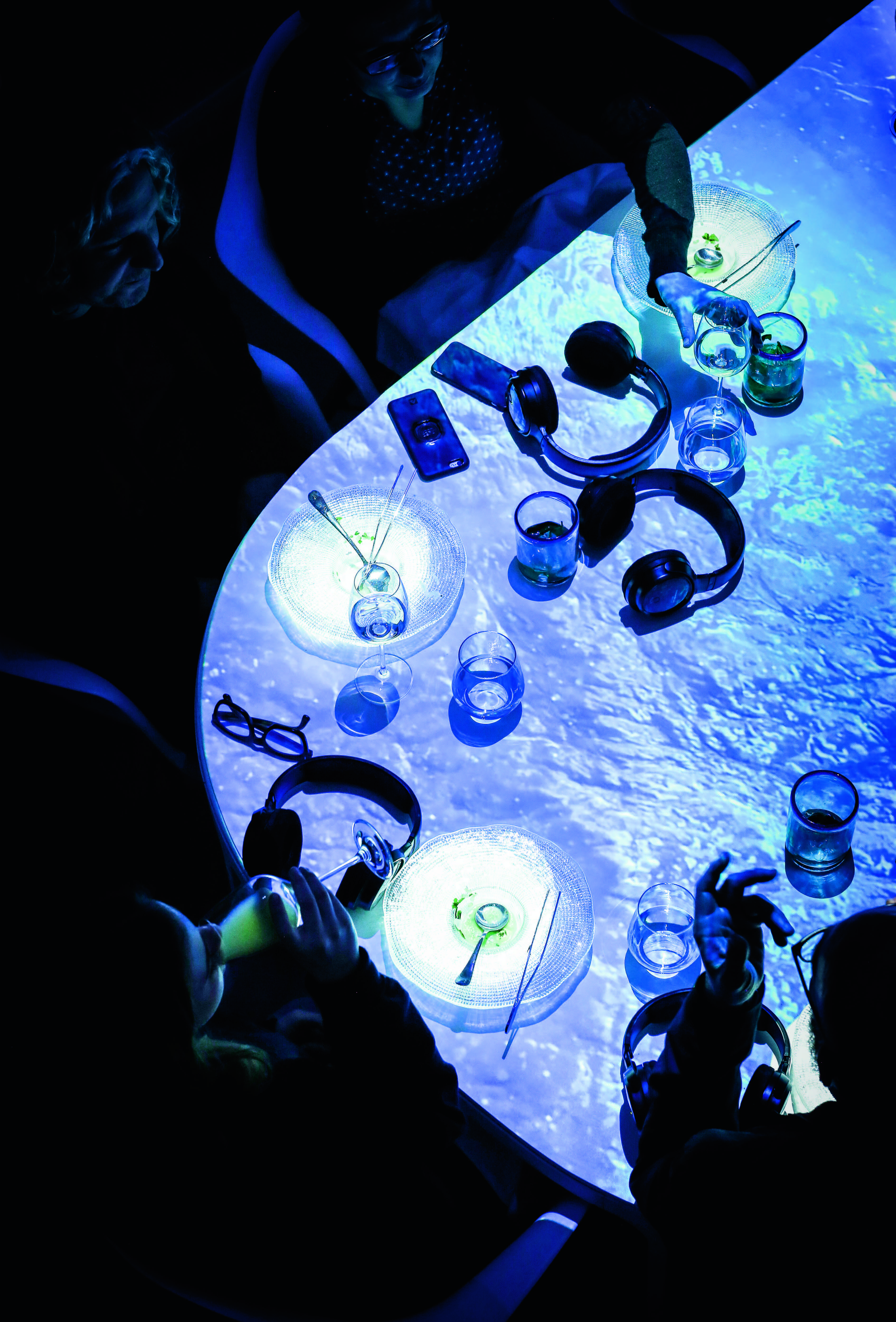
|
The perfect meal is not only what is on your plate, it is an experience, one that can be heightened or diminished by the circumstances in which it is consumed. This is fertile ground for design to help rethink our understanding of what constitutes food, and the ways we should be engaging with it. "So I have two wines, one a dry white, the other a fullbodied red. I also have two pieces of music, one with an energetic violin, the other a sombre cello. Which wine would you pair with which piece of music?" asks Jozef Youssef, the creative force behind Kitchen Theory, a multisensory gastronomy design studio. "Obviously red with the deeper cello music," I replied. "Yes, but why?" he responds. I prepared myself for a crash course in multi-sensory dining. Flavour is a sensory experience While our hands and mouth do the mechanical work of consuming food, taste is a far more complex subject. Youssef explains, "We perceive flavour, not in our mouths but in our brains. It is a construct of the mind rather than a sensory perception of the mouth. It comes with expectations, perceptions, enjoyment and judgements that all reside in the brain, which is being fed by information from each of our senses. Taste, touch, smell, vision, audio, all of them help paint this rich picture of flavour." Youssef first encountered the concept of multi-sensory gastronomy when he happened upon a lecture of the same name given by Charles Spence, a professor of experimental psychology at Oxford University. Hearing that touch, sound, smell, and sight could all trigger a strong emotional response that affected the way people perceived taste, proved life changing for Youssef. But he was also conscious that he was the only chef at the talk, and this was emblematic of the gap that exists between food-related research and its practical application in restaurants and kitchens. Fast forward a decade, Youssef now heads up Kitchen Theory, a design studio creating food experiences that combine cutting-edge scientific research and fine dining. Whether it is an educational workshop, a corporate PR event, or dining at their in-house restaurant The Chef's Table, a Kitchen Theory food experience is designed to challenge your senses and preconceptions. Attend one of their events, and you could find yourself eating jellyfish with a crunching "audio garnish," having projection mapping darting over your table, or even smoothing out a whiskey neat by simultaneously stroking velvet. You are eating with your senses awakened. Taking science from the lab to the plate For seven years Kitchen Theory's multi-sensory dining has been pushing gastronomy into the uncharted territory between science and art. For example, they have encapsulated 'synethesia'—a neurological phenomenon of cross-stimulation of senses—into a seven-course experience that brings diners into closer touch with their senses. "Synethesia is a chance to stimulate people into greater awareness of their surroundings and engagement with what they are consuming, and leaves them wondering at what they have been missing, and adds extra dimensions for what they will consume in the future," says Youssef. To take another example, the g-Astronomy project saw Kitchen Theory working with astrophysicists from Imperial University. Their goal was to create a multi-sensory experience of taste, texture, and touch to explain the highly complex ideas underpinning the universe to visually impaired participants. The diners left with a new sensory vocabulary helping them to understand space and time. Youssef argues that "Food as a medium for education is rich in possibilities, and there is a lot of room for gastronomy as a whole to be used in education." Kitchen Theory's work is, by nature, cross-disciplinary, "To push the boundaries of your art you can't be talking to the people only in your industry, you need to be looking outside in completely different fields. We work with psychologists, astrophysicists, surgeons, chemists, microbiologists, mechanical engineers, as well as people in fashion, and music," explains Youssef. What results is a blend of science and performance art, that is accompanied by a compelling and digestible narrative capable of changing perspectives and pushing boundaries for researchers, chefs and diners alike. Senses re-shape our world Youssef is convinced of the power sensory design to reshape people's relationship with food. "We have gone into schools and worked with kids and it is incredible to see the impact that sensory play with food has on their reluctance to engage new foods, and provides an opening to introduce more whole foods into their diets. In aged care, there are a lot of opportunities to help patients with degenerative diseases such as Alzheimer's, in areas such as ensuring they are getting the right amount of calories and nutrients in their diets, and helping them remember to eat. There are lots of applications for sensory design and the future is exciting." Kitchen Theory is designing food experiences that encourage people to make more sustainable and nutritious food choices. "These are not just individual choices, but choices that need to be made by organisations and institutions that have a profound effect on people's daily lives, in hospitals, schools and supermarkets and so on. Things such as plate colour, music, ambient smells can all heavily influence the sensorial experience. This leaves options for designing the eating experience to make positive modifications such as a less sugar, or less salt, or any other of the vast array of options, such as sense of satiety, and improve people's relationship with food." Youssef is clear-eyed about tackling the problems surrounding our relationship with food. "As a chef, as a father, as a human, as someone that loves food and being in good health, I just think it is sad that food, as something we take so much enjoyment and pleasure out of, is killing us." He continues, "The Kitchen Theory mission is to improve global wellbeing through innovation in gastronomy. We work with some of the largest companies, such as McDonald's and Haribo, and the idea is to influence and do work and research that will nudge them toward developing technologies, systems, and food products that help get people on the right track." Designing a nutrition revolution Youssef is excited for the future of collaboration between gastronomy and the sciences. Kitchen Theory's latest collaborative project, the HyperFoods cookbook, brings together computer scientists, biophysicists and analytical chemists to identify the nutritional "dark matter" that can promote better health. "In a nutshell, the research uses artificial intelligence, machine learning and natural language processing to identify disease-beating molecules in foods." Youssef believes we are on the cusp of a "nutrition revolution, one that has the potential to reformulate our relationship to medicine and pharmaceuticals, and stimulate a wave of functional food that will make you healthier, smarter, fitter or whatever. The possibilities are limitless." Asked what advice he would give designers wanting to work with the medium of food, he was quick to reply. "There should be an appreciation for what food represents and what ingredients mean to us as human beings, and this should always be respected. Learning how to cook will give any food artist or food designer an appreciation for food and what it means, and for flavour, and this will give them a really good basis from which to inspire their work. Food is needed and celebrated and this means we must have a better understanding of it, not only to better address the food-related issues we face in the world, but it will help us with designing more nutritious and sustainable food systems for the future." |
Others
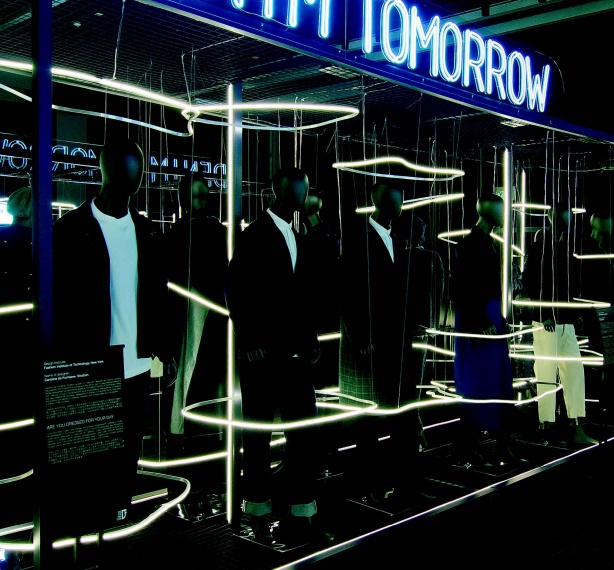
Latest News | 16 July 2021
2nd Hong Kong Denim Festival
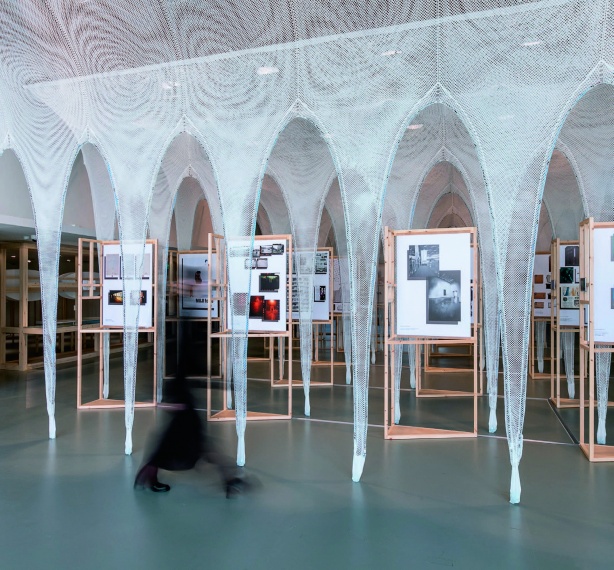
Latest News | 16 July 2021
Dai Fujiwara: The Road of My Cyber Physical Hands
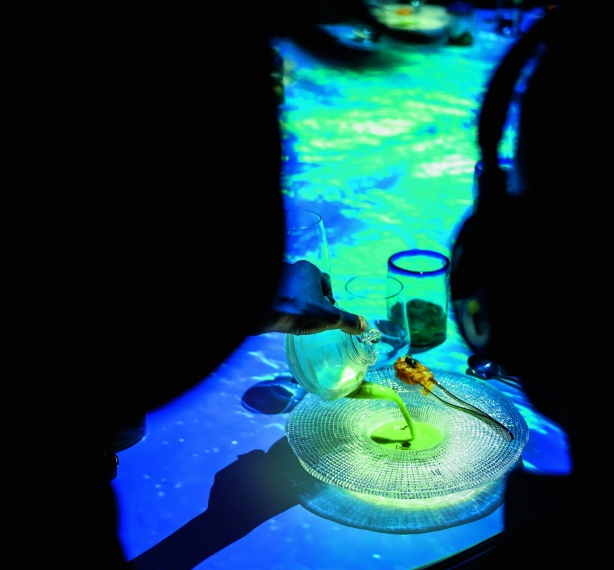
Latest News | 16 July 2021
Rethinking the Everyday: Food Non Food
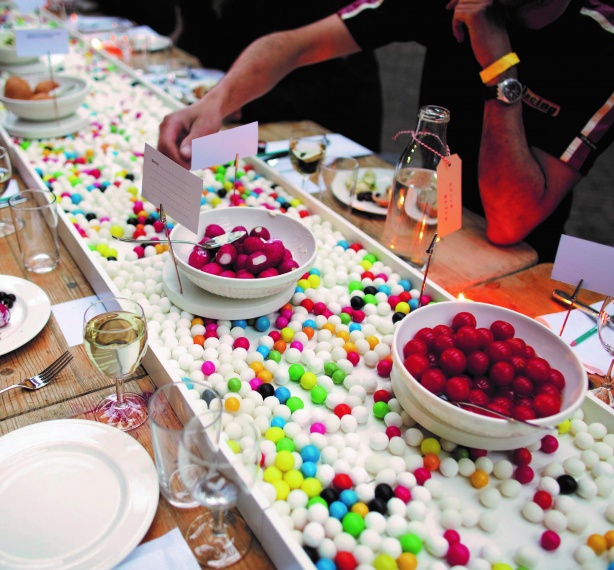
Latest News | 16 July 2021
Food + Imagination = A Recipe For Change
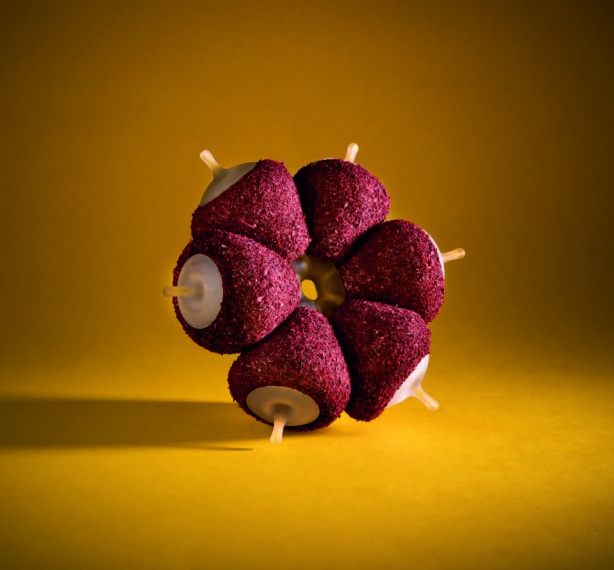
Latest News | 16 July 2021
Future Fruit Inspired by the Original
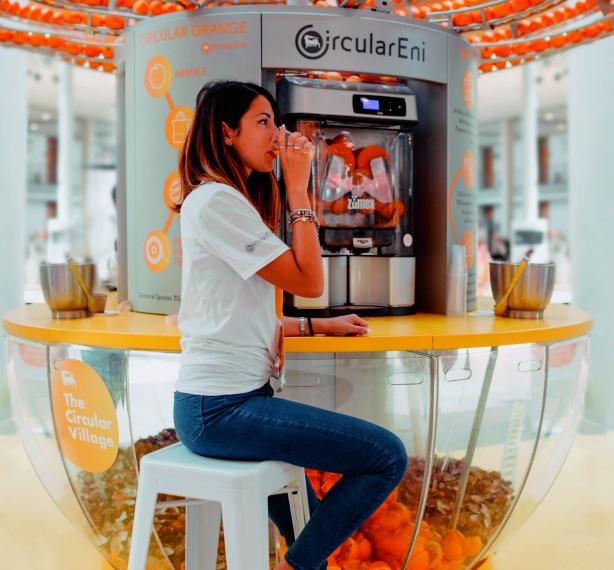
Latest News | 16 July 2021
The Peel-to-Cup Orange Juice Bar
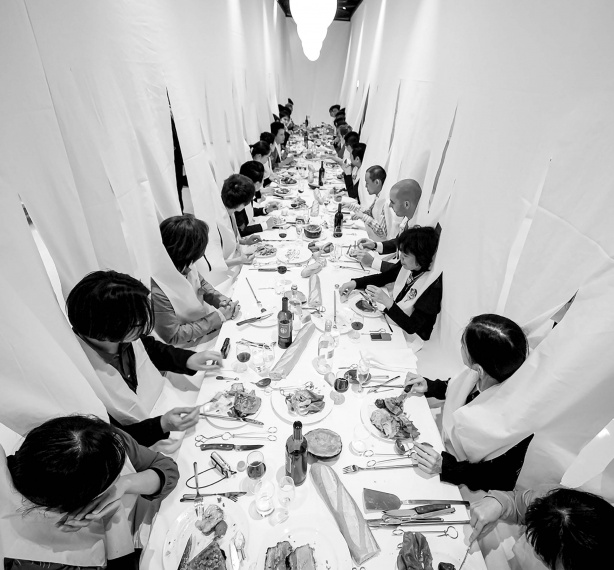
Latest News | 16 July 2021
Re-thinking Food's Future
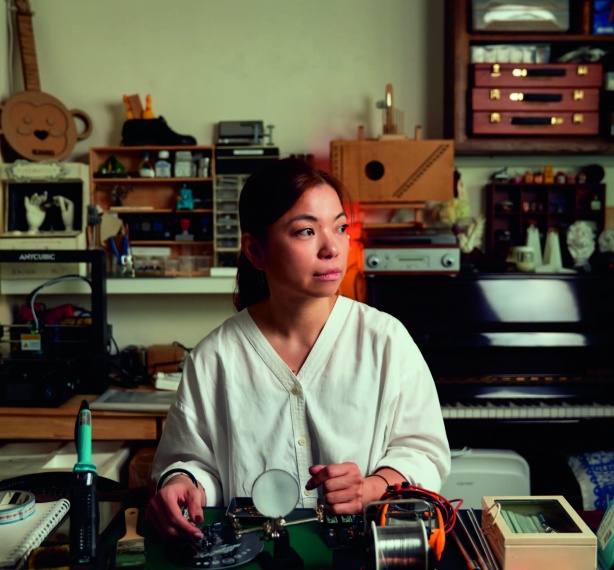
Latest News | 16 July 2021
The Moon is Leaving Us: A Scientific Exploration of the Arts
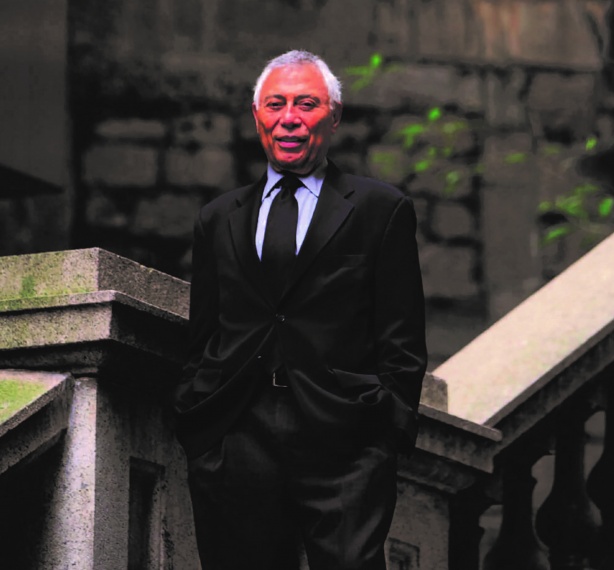
Latest News | 16 July 2021
Look: The Graphic Language of Henry Steiner
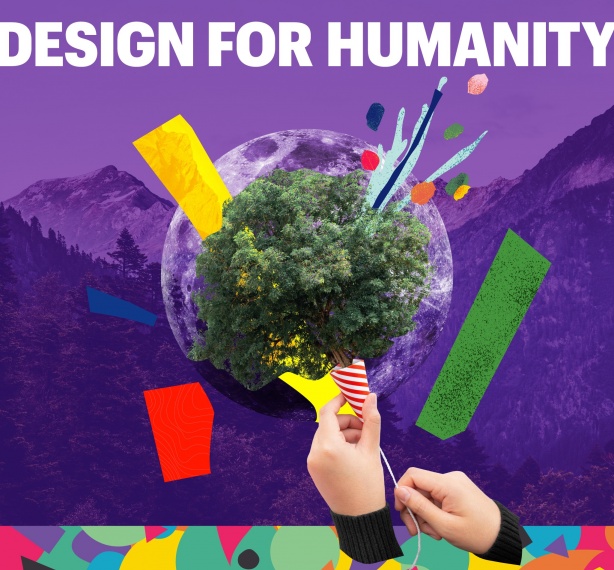
Latest News | 16 July 2021
Emerging Design Talents 2021 : DESIGN FOR HUMANITY
